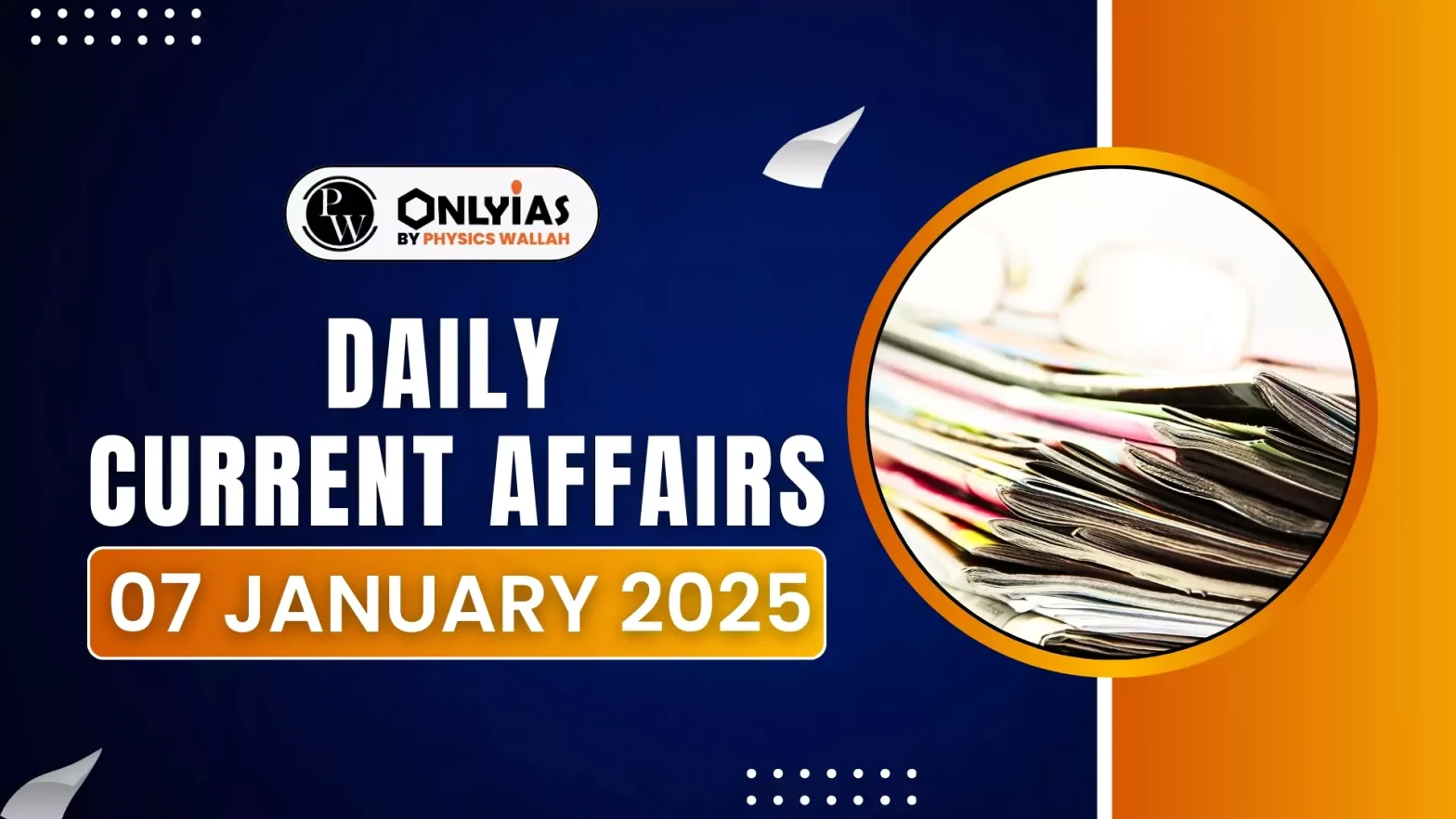The UGC’s 2025 regulations, unveiled by Education Minister Dharmendra Pradhan , simplify and revise the Vice-Chancellor selection process for universities across India.
Key Guidelines on Appointment of Vice-Chancellors
Mandatory Composition of the Search-cum-Selection Committee
- The composition of the Search-cum-Selection Committee is now mandatory for the selection of Vice-Chancellors in all universities established under a Central Act, Provincial Act, or State Act.
- The Chancellor or Visitor shall constitute the Search-cum-Selection Committee, which will include three experts for appointing Vice-Chancellors.
Enroll now for UPSC Online Course
Need of Revised Process
- Previously, the regulations stated that the selection for the post of Vice-Chancellor should be conducted by a panel of 3–5 persons formed by a Search-cum-Selection Committee.
- However, they did not specify who would constitute the committee.
- The new regulations clarify that the Chancellor will appoint the selection committee, and this process applies to state universities as well.
Governor’s Role as Vice Chancellor
- Governors, in their capacity as Chancellors of state universities, now have greater control over the selection process and retain the final say in Vice-Chancellor appointments.
- The regulation does not explicitly mention the Governor, stating only that the Chancellor shall appoint the selection committee.
Vice Chancellor Eligibility Criteria
- Candidates for the position of Vice-Chancellor no longer need to be professors.
- Eligible candidates include individuals with at least ten years of senior-level experience in industry, public administration, public policy, or public sector undertakings, provided they have a proven track record of significant academic or scholarly contributions.
- Previously, candidates were required to be distinguished academicians with at least ten years of experience as a professor or in a prominent academic or research leadership role.
Governor’s Role in University Matters
- In most states, the Governor serves as the ex-officio Chancellor of state universities.
- The Governor’s powers and functions as Chancellor are defined by the statutes governing the universities within a particular state.
- As Governor, they act based on the advice of the Council of Ministers, but as Chancellor, they make independent decisions regarding university matters.
Centre’s Role in Education
- Education falls under the Concurrent List, allowing both the Centre and states to legislate.
- However, Entry 66 of the Union List grants the Centre significant authority over the coordination and determination of standards in higher education institutions.
- The University Grants Commission plays a critical role in setting these standards, including those related to appointments in universities and colleges.
|
Check Out UPSC CSE Books From PW Store
Powers and Duties of Vice Chancellor
- The Vice-Chancellor shall be the Principal executive and Academic officer of the University.
- The Vice Chancellor shall be an ex-officio member and Chairman of the Executive Council, Academic Council and the Finance Committee of the University
Transparency in Selection
- The selection process will involve advertisements in all-India newspapers and public notifications.
- Applications can be submitted through nominations or via a search process conducted by the Search-cum-Selection Committee.
- Earlier, State Cabinets recommended the Chancellor’s nominee for this committee.
- However, in some states, Governors as Chancellors began nominating their own candidates, leading to conflicts with state governments.
Members of the Search-cum-Selection Committee
- The committee will comprise the following members:
- A nominee of the Visitor/Chancellor, who will act as the Chairperson.
- A nominee of the Chairman of the University Grants Commission.
- A nominee of the apex body of the university, such as the Syndicate, Senate, Executive Council, Board of Management, or an equivalent body.
Appointment Terms
- The Chancellor or Visitor of the university will appoint the Vice-Chancellor from the panel of names recommended by the Search-cum-Selection Committee.
- The Vice-Chancellor’s term will be five years or until they reach the age of 70, whichever is earlier.
- Vice-Chancellors are eligible for reappointment for one additional term, following the prescribed appointment procedure.
- Appointments made outside the prescribed regulations will be considered null and void.
Enroll now for UPSC Online Classes
Impact of Non-Compliance
- Universities that fail to implement these guidelines risk exclusion from UGC schemes.
- Non-compliance could lead to loss of eligibility to offer degree programs.
- Such institutions may also be removed from the list of Higher Educational Institutions (HEIs) maintained under Sections 2(f) and 12B of the UGC Act, 1956.
![]() 7 Jan 2025
7 Jan 2025
